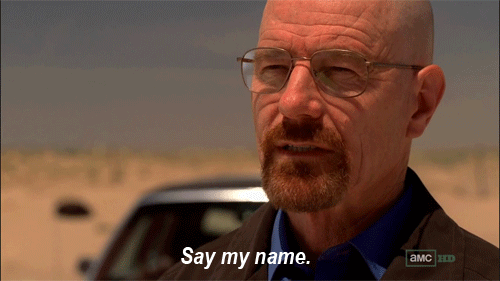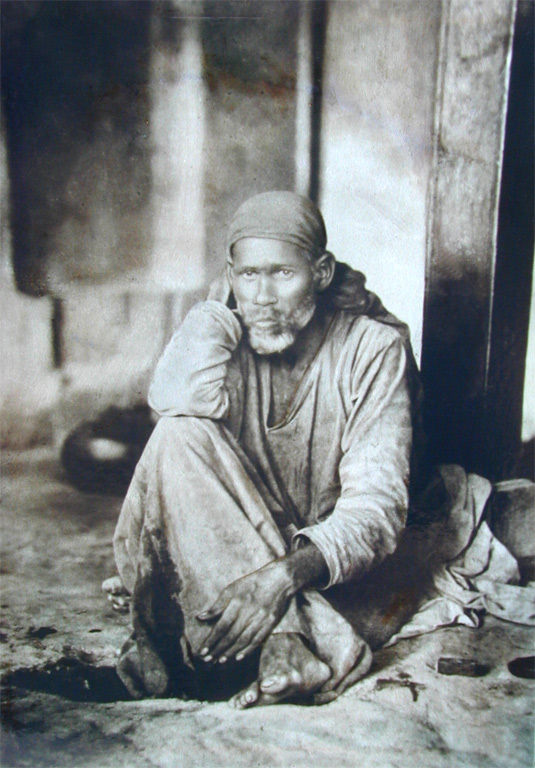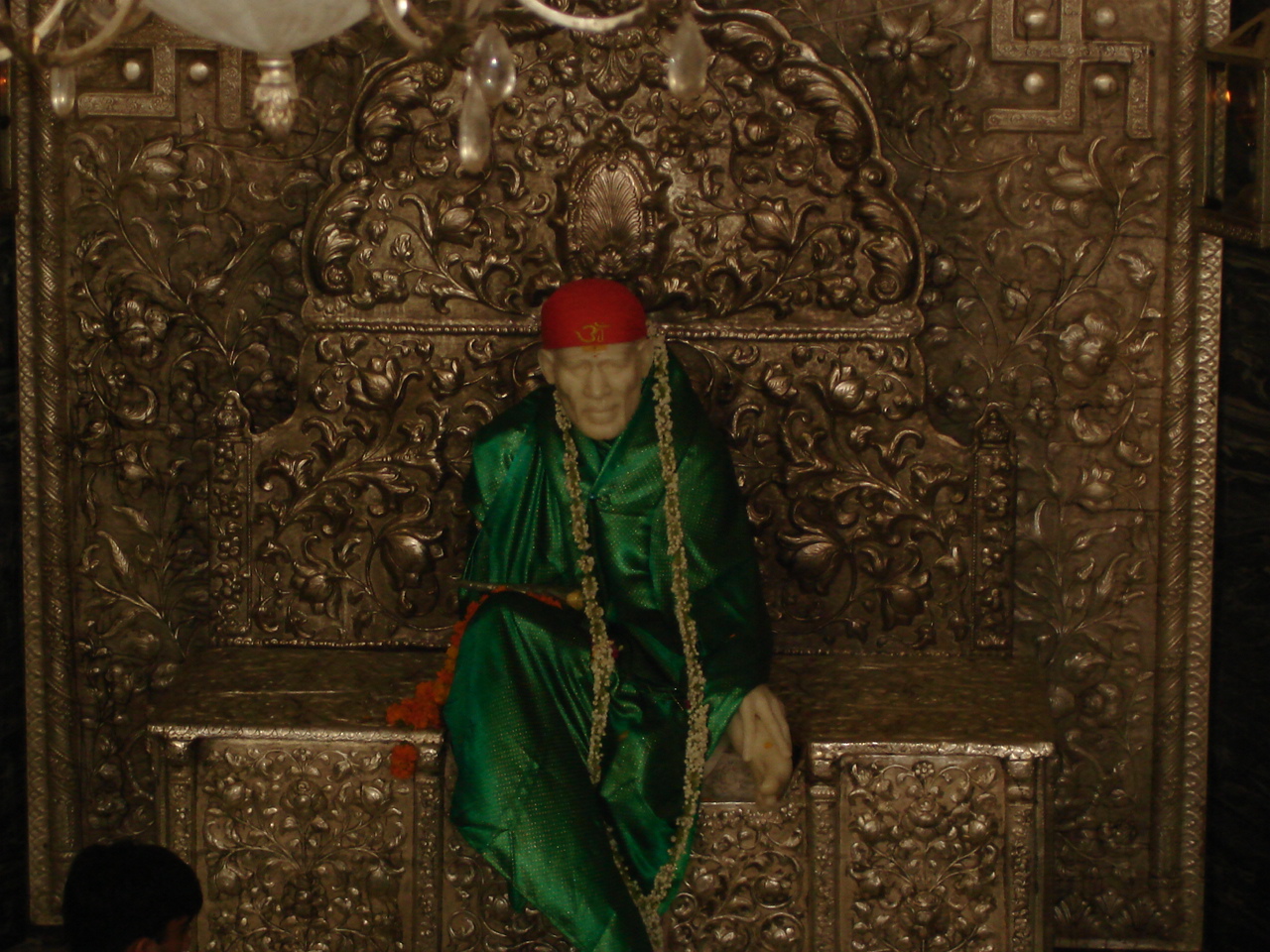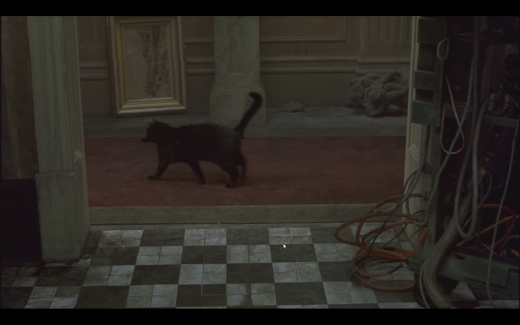There are meetings and then there are more meetings. There are meetings after meetings and there are meetings before meetings. There are meetings in the office, and there are meetings in conference rooms, sometimes in the cafeteria. There are online meetings, there are face-to-face meetings. There are app-based meetings, there are audio meetings, there are video meetings. There is a plethora of meetings. Sometimes my entire working day was lost in shuffling my mind and shuttling my body between meetings. Many times I think just attending meetings is the work, perhaps the only work, that people do. Some people take meetings with almost religious fervour in both quantity and quality. For me, any meeting which lasts more than 15-20 minutes, unless meeting exceptional people or under exceptional circumstances, is just plain debauchery full of verbal diarrhea. Meetings should be precise and to the point, and should not devolve into a seemingly unending saga like a TV Soap opera.
But then, people don’t believe in short meetings. They want elaborate, longer meetings. Mind you I have nothing against longer formats, I would rather read a long-form essay than a character restricted tweet. But these meetings suck the very life out of you as they progress. I could never explain that feeling of uneasiness that crept over me whenever I have to attend the glorious meetings which go on for 2 hours and some more. Longer meetings are like their contents like a gas, nothing concrete.
meetings will expand to fill whatever time is given to them. – Prof. Hall
I would always see others attending the same meeting in the same room, for the same time but never seeing them bored even a zilch. If anything, their enthusiasm for the meeting (whatever the topic) seems to go on and on, as if they had a Duracell battery inside them, and me has just an ordinary battery which runs out of juice in between the race, with the finish line seemingly lying beyond the horizon.

Do these people drink Boost? Is that the secret of their energy? I have to know this…
But sometimes during these marathon meetings, I have managed to get some creative things done, insulating and isolating myself from the chaos and debris. The important word to note is “sometimes”. Most of the time I was bored to death, thinking about existential questions about life, the universe and everything. But instead of loaded questions like “”What is life about?”” I end up asking much mundane (and cheap) ones like “What is this meeting about?, instead of “What is my purpose in life?”, I ask “What is the update I have to give?” At times I had to give the same updates in three different meetings in a single week. And then people want to talk about optimisation and time-saving techniques and how we can become more efficient, of course in a meeting.
During such moments of philosophical delirium, I take solace in thinking about this quote from Alice in Wonderland:
“ In that direction,” the Cat said, waving its right paw round, “ lives a Hatter : and in that direction,” waving the other paw, “ lives a March Hare. Visit either you like: they’re both mad.”
“ But I don’t want to go among mad people,” Alice remarked.
“ Oh, you can’t help that,” said the Cat : “ we’re all mad here. I’m mad. You’re mad.”
“ How do you know I’m mad ? ” said Alice.
“ You must be,” said the Cat, “ or you wouldn’t have come here.”
Of course, why would I go to a boring meeting which gives me both suicidal and mass-murderous thoughts at the same time, unless I am mad? After every single of these myriad marathon meetings, I would comment to myself with deep melancholy “I am never going to get back these hours of my life I have spent/survived in here”.

Detail from Melencolia I by Albrecht Dürer
Not that I am the only one with these feelings, the shoulders are stooped, faces drained and brains faded for many fellow tortured souls. For all the knowledge of cognitive and educational psychology that many of my learned colleagues are making a living from, they just cannot ( or rather do not) want to see the problems with meetings which apparently stretch on and on. They think just sitting there will help in building the team and inspiring people and keep them updated. They are wrong. Meetings, especially the long ones, don’t help.
Motivation and concentration, cannot be kept on for long, especially in contexts in which you are passively listening to a subject of not your liking. And, as I have remarked in an earlier post, the passage of time can be very subjective. In the case of such meetings, it seems that we are moving very close to the speed to light, as time seems to mysteriously pass very very slowly. I have many times found myself saying, “It must be at least 15 minutes since they are blethering…” and to my surprise when I check the actual time it is not even 2-3 minutes.
Hai Ram! Anyay hi anyay…
हाय राम ! अन्याय ही अन्याय।।।
Another aspect of long meetings is that they are not only mentally, but also physically draining. Even if you are just sitting at one place during those two hours, somehow the entire body feels drained of its juice (remember the Duracell bunny). Physiologically perhaps this can be explained as the entire body system tuning itself to go to sleep as there isn’t much physical activity, added to lessened mental activity as well. Perhaps this is also the reason why people fall asleep during meetings.

But about the general idea of meetings that I have is neither subjective nor unpopular opinion. People have researched and have come to the same conclusions.
Yet as valuable and energizing as good meetings can be, too many meetings are seen as a waste of time — as a source of frustration rather than enlightenment. – Rogelberg, Scott and Kelly – The Science and Fiction of Meetings (2007)
Also, the misconception that some people had (and I guess they still do) is that meeting is a type of work. It seems to them that attending a meeting itself is equivalent to doing work. Maybe they are fans of Full Metal Alchemist and inspired by law of equivalent exchange they think meeting about some work is equivalent to actually doing the meetings. So how do we end up having so many meetings anyway?
People don’t do concrete things any more,” he says.
Instead he says there has been a rise of managerial roles, which are often not very well defined, and where “the hierarchy is not that clear”.
“Many managers don’t know what to do,” he says, and when they are “unsure of their role”, they respond by generating more meetings.
“People like to talk and it helps them find a role,” says the professor.
Many of these people can spend half of their working hours in meetings, he says.
– Pointless work meetings
What this implies is that instead of doing actual work, people want to just talk about it. Yet some people, mysteriously seem to enjoy these meetings, some even recording attendance and taking meticulous notes, as if to provide an alibi for a murder.

Rogelberg, Scott and Kelly – The Science and Fiction of Meetings (2007)
That being said, I always thought who likes such meetings and why do they like it? I had a folk-psychological theory that those who enjoy such meetings actually derive their energies from such meetings. But all these were just shower-thoughts, I mean during these mindless meetings you can think of having a hot shower, and also think about something else at the same time. Your brain saves you, it automatically tunes out of the ambient noise and enables you to do what you want to. But this too has its limits and it is not always possible to do it. This is done of course with a filter and a trigger word. The trigger word is when someone calls your name. At times the image of me as Heisenberg flashes in front of my mental eyes as if I have sadistically commanded them to

And tathastu suddenly you are centre of attention and you have to pretend that you are supremely interested in the topic of the meeting (however boring) and have to respond. I still get goosebumps thinking about this (think PTSD level), imagine the trauma I must have experienced over the years. But the people who like such meetings seem to be immune to such traumas. Rather they thrive in such troubled waters.
The other reason that I had speculated for this was that these meetings are a form of a power play. Not the cricket kind, but the human politics kind. These meetings allow people to show the pecking order, and also allow them to tell other people things which they would not want to hear otherwise. It is to give those whom you like the work that they want and rest to the work they won’t.
A colleague of mine, who has whitened (ok wait, not whitened but grayed 🙂 his hair dealing day in and day out people like these and had experienced such meetings much more than me, told me about the dichotomy of such work distribution. Work, according to him, is of two types: Monkey work and Donkey work. Now, as the name suggests, monkey work is like monkey work. Monkeys are jovial, they jump from tree top to tree top, eat fruits that they like, raid houses and steal from them, make noises and if you get too close to one they might attack you too. They are the Bandar Log of Kipling.

In Hindi, Bandar means “monkey” and log means “people” – but can also be used for plurality hence the term simply refers to “monkeys”. The term has also since come to refer to “any body of irresponsible chatterers.”
All said and done, monkeys enjoy life, and people do remember them. They have their own charm and are the most visible and vocal people of the jungle (office?). Now I know, you must be making mental images of who are possible Bandar log in your office while reading this. But they don’t do any real work, they do pretend work. They want their names on events that are seen as glamorous and titles which pompous. But you assign them ass grinding work, they will throw a tantrum as if you have asked them their kidneys, for free. It is not that they don’t want to do quality work, in reality, they can’t get quality work done.
In most cases, the monkey working class is also of the mediocre people which I had written about in the past. It is beyond their ken and competence do get actual work done. Perhaps it is the infinite monkey theorem at work.
The infinite monkey theorem states that a monkey hitting keys at random on a typewriter keyboard for an infinite amount of time will almost surely type any given text, such as the complete works of William Shakespeare. In fact, the monkey would almost surely type every possible finite text an infinite number of times. However, the probability that monkeys filling the observable universe would type a complete work such as Shakespeare’s Hamlet is so tiny that the chance of it occurring during a period of time hundreds of thousands of orders of magnitude longer than the age of the universe is extremely low (but technically not zero).

Since we do not have infinite time or millions of Bandar log in our office, the chances of them producing any intelligible work is extremely low (but technically not zero). So now you know why work doesn’t get done.
If at all, such work befalls on them like on the protagonist of a Greek tragedy, they insist on having an ensemble of underlings to work with under them. They will assign all work to them and only pitch in when to take the credit. They usually undertake work which does not have concrete objectives, or immediate deliverables. They like work which is vague, sounds inscrutable and is heavily jargonised. And they look and dress much well. They look and talk sophisticated but on a closer/deeper scrutiny what remains is only sophistry. Such are the monkey-work people.
On the other hand, the Donkey work people suffer similar fate to the eponymous animal. They do drudgery and actual work which is not glamorous. They work tirelessly and without much hope for recognition. Most actual work in the office is done by them. And in these meetings, this distinction is made clear.
If you work more, more work will come to you. If you work less, less work will come to you.
The offices run on the basis of the work of the Donkey-work people. Boxer the cart horse from Animal Farm can be considered as a Donkey-work person, though all of us are not that naive or ignorant. 
Another aspect of such meetings is the apparent loss of time-sense some people experience when their turn to speak, Csikszentmihalyi will perhaps call it as flow state. It feels like those old people who usually don’t get to talk, and when they get someone they just keep on going. It is as if some people have to complete a quota of words in front of a captive audience in order to satiate themselves. Even if what they are saying is of no importance, or is not in the agenda of the meeting or is meaningless mindless mouthing. It is like a poison that they want to remove from their bodies and minds and in lieu inject it on the hapless captive attendees. There is no dialogue, only monologue. In doing so, they inadvertently, and purposefully they hijack the agenda of the meeting. They will go on and on about ephemeral experiences they have had, for example, elaborately explaining elegant endoscopy (or enema, choose what you will).
The cry baby gets more attention.
Initially, I used to think, it is harmless banter, excruciatingly boring at worst but then it turned out to be sinister scheming. This is true for humans as much as for animals. In birds, the more vocal and active chick gets all the food, while not so vocal ones are starved and at times kicked out of the nest by their siblings. In the case of humans, this is observed too. Babies who cry more, get more food and parents time. They know how to manipulate people around them even by faking crying.
The infants exhibited crying behavior that seemed to become more sophisticated with increasing age. This marked a proactive stance in communicating with the mother on the part of the infant. Interestingly, at 11–12 months, “fake crying” was observed during a naturalistic interaction with the mother. This implied that deceptive infant behavior could be seen at quite an early stage.
Now, I am not sure if this trait is carried to adulthood or it is learned during the intervening years, but they get the same modus operandi seems to work on adults also. In these meaningless meetings, the banter can be seen analogous to crying, and attention whoring. The hijacking of the agenda has another purpose, to eat up the time allotted to others, in case you want to say something of value, such delays will cut down your time. Such episodes remind me of an aunty who makes horrible food but insists that everyone must eat it to the full and also praise her culinary skills.
And if they can, people will put all the content of what they have to speak on slides. If you can’t read it yourself (even if you are seated in the front row), because they have put 10 bullet points at 10 point font on a single slide? Not a problem, they are just anyway going to read aloud the slides. Technology scaffolded GIGO. When I see such slides, the designer in me dies a thousand deaths. And people are This goes against good design principles of presentations. Powerless Pointless Talks (PPTs) can be indeed empowering for these people. I can go on ranting about this, but since this is not the central theme of this post, hence I will stop here.
Another category of monkey workers are sly. When they have to address such meetings or are tasked with providing some answers they work as follows. They will identify possible candidates who might have the knowledge that they require. lf Suppose fate has it, that it is you who they seek. Then they will clandestinely ask you something about some other topic and slowly, but surely drift to the subject they want. Then they will ask you detailed questions, and innocently you will answer. The episode ends there, or so you think. Next time in the meeting, you hear your own words coming out of their mouth. No, you are not controlling their minds! But this is a way of appropriating knowledge. They feel elated and intelligent by telling all others what you have told them and not at a single point giving you any credit or even hinting that they asked you anything. Such is the state of people and the purpose they use the meetings for,
Some of these were just some empirical, albeit biased speculations. Can there be a scientific explanation to this messy behavior in meetings? It turns out there is. Recently a group of psychologists from Sweden did actually study work meetings. And this study enables us to understand many things about meetings.
They say meetings provide an outlet both for people to show off their status or to express frustration. Mine is, of course, the latter case (at least I would want to identify myself as such, my residual self-image), while the monkey people show off their status. They say despite there being more meetings “few decisions are made” and people can have a low opinion of work meetings, yet their numbers keep increasing.
The Swedish study takes another take on the long meetings:
Meetings can “arouse feelings of meaninglessness”, he says. But he argues that is often missing their point.
Once in a meeting – particularly long ones – their function can become “almost therapeutic”.
Regardless of what they are meant to be discussing, they serve a purpose as an “opportunity to complain and be acknowledged by colleagues”.
But this certainly becomes a farce very quickly.
But people going to many meetings can lose patience – and can spend much of the time playing with their mobile phones, say the researchers.
A very common scene in meetings that I have had to endure, and surely you have too.
“Some people find this frustrating and question why they must endure them.”
Then he comes to the crucial insight of the study.:
But he argues that negativity towards meetings can be because their real purposes are misunderstood. (emphasis added)
But he says the real purpose of such meetings might be to assert the authority of an organisation, so that employees are reminded that they are part of it.
Such meetings are not really about making any decisions, he says. (emphasis added)


Levels of meeting and power play.
“When you have meetings with colleagues at the same level, as a professional, you get to discuss different issues that interest you,” he says.
When the meetings are dominated by different levels of status, they become a “power struggle” and leave participants feeling frustrated.
He also says that meetings can unfairly become the focus of other dissatisfactions.
“People often feel marginalised. They feel that they have no influence or position. In these cases, the perception is that meetings do not improve anything, but actually cause even more frustration.”
– Pointless work meetings
Anyways, now we know why the malaise of meetings is not going to go away, as it is
- considered as a legitimate form of work by people who do not produce any concrete work;
- a way to show off one’s status and power in the workplace among your peers;
- a way to dominate and frustrate hapless underlings;
- a way of attention (and implicitly resource) grabbing behavior.
So much for the seemingly myriad and mystical, yet melancholic and mindless meaningless marathon meetings, hope to see you in your next one (No, I really don’t).




















